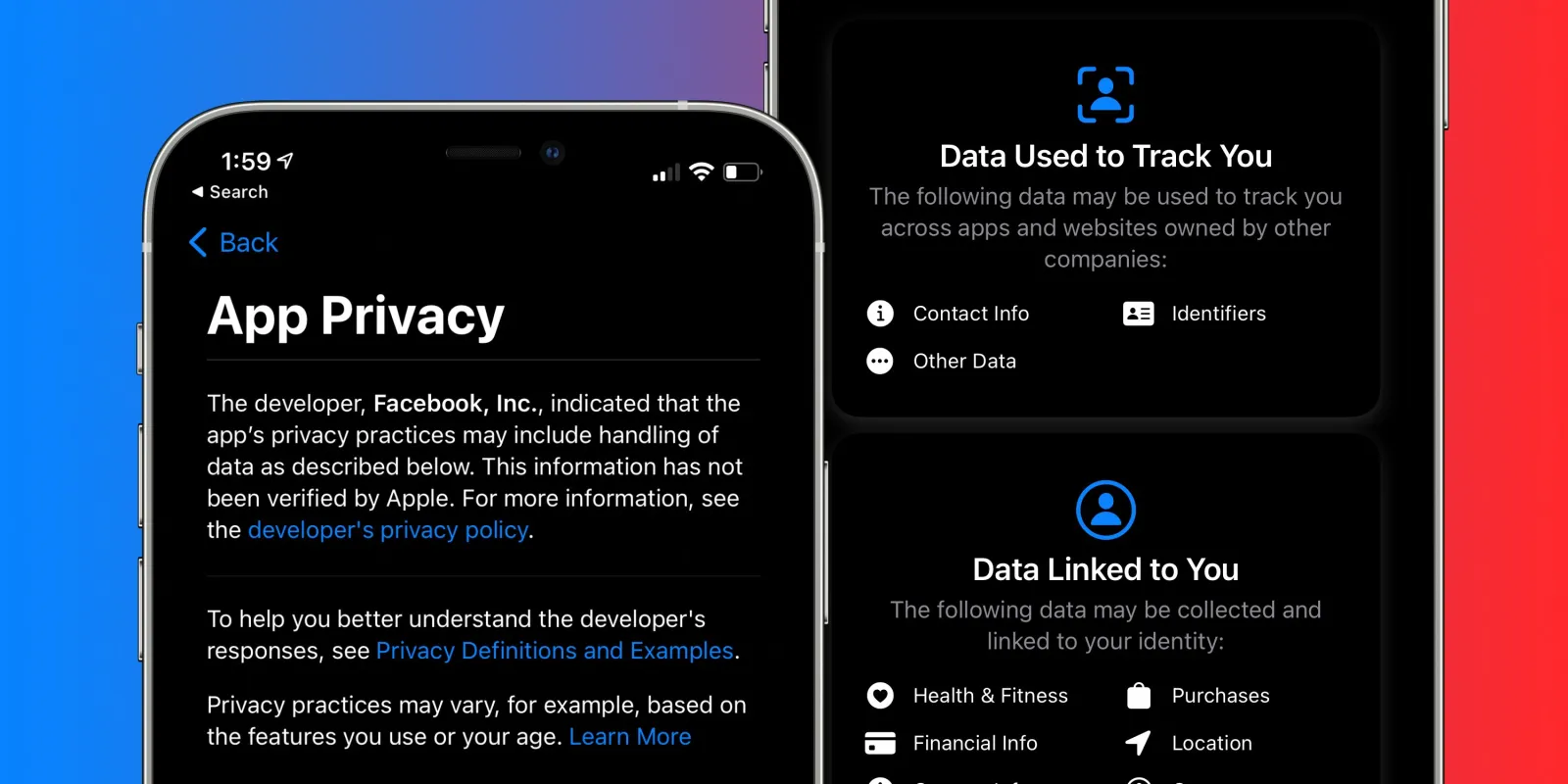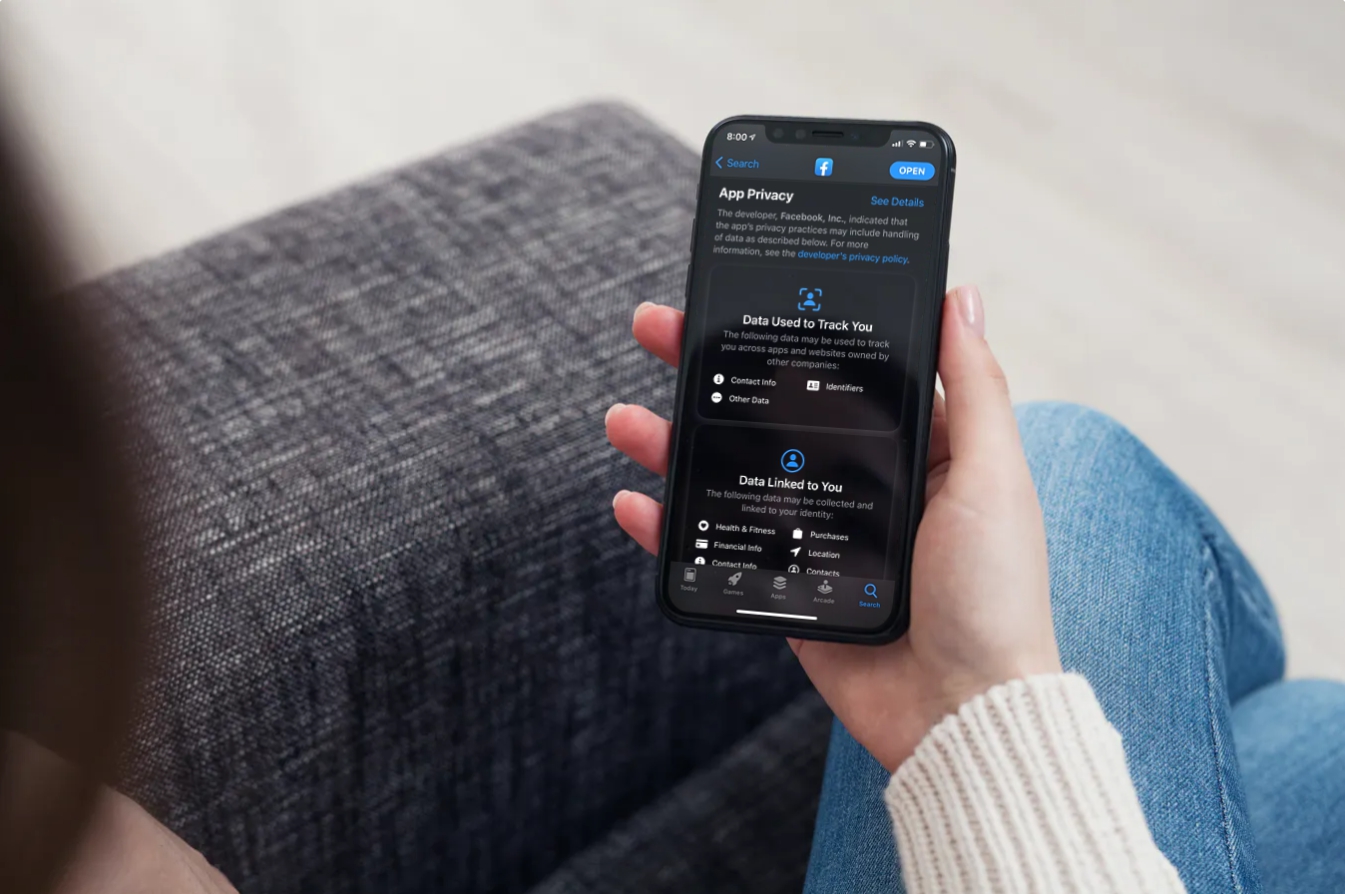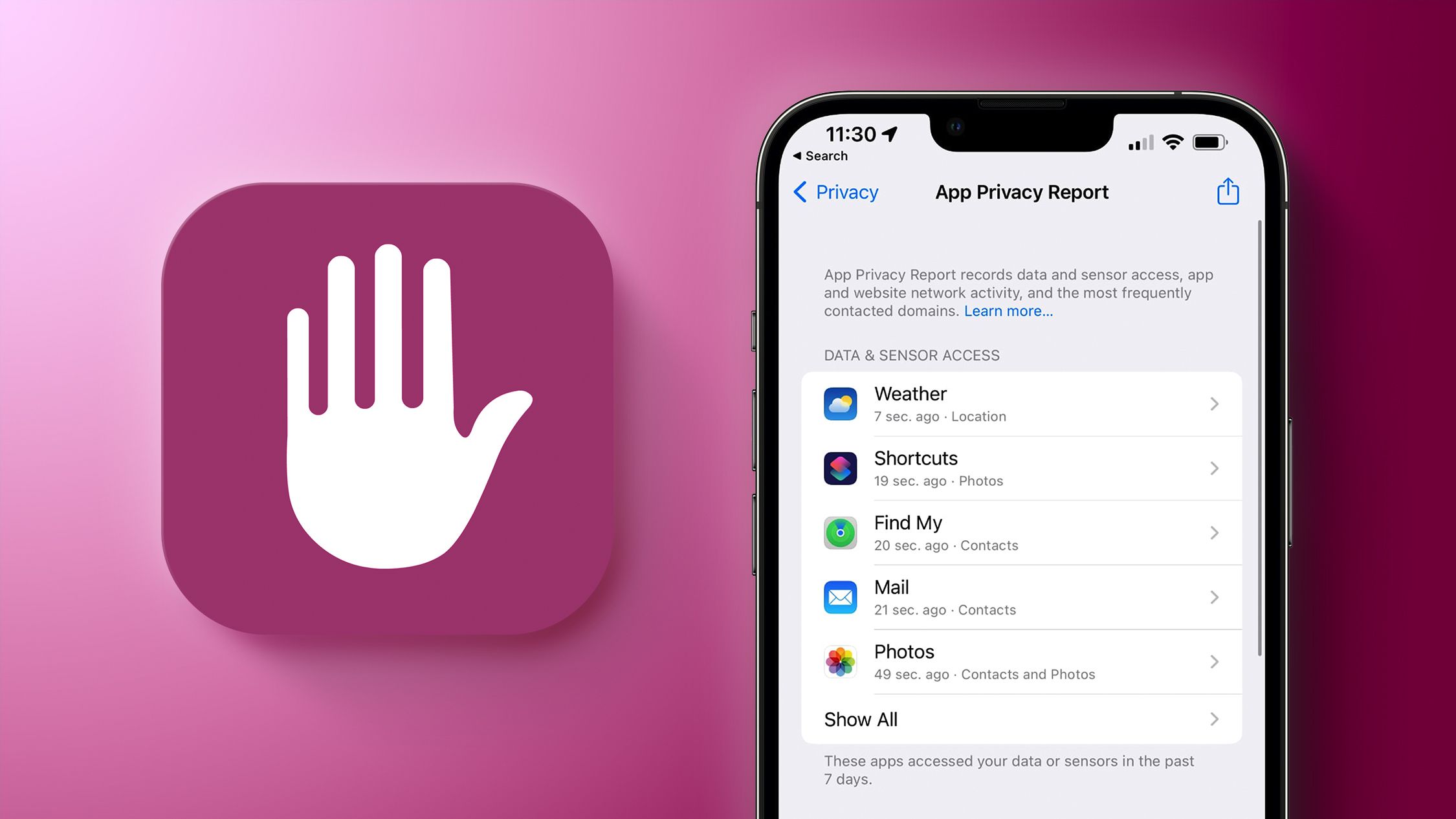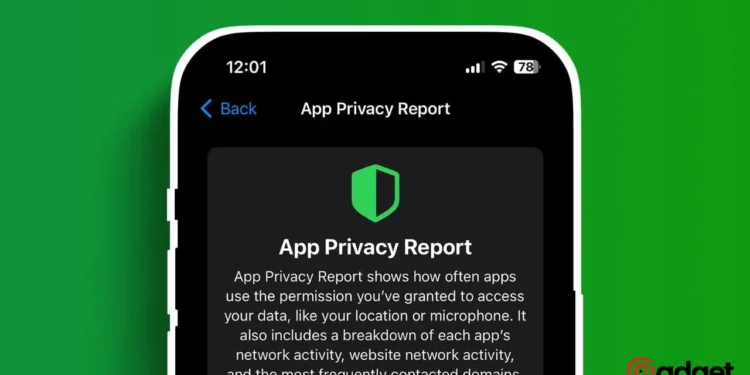As per a recent study, popular iPhone apps are collecting user’s data secretly. In a digital era where privacy is a paramount concern, a recent study has put the spotlight back on the data collection methods employed by some of the most popular iPhone apps.
Security researchers at Mysk Inc., an innovative app development company, have unveiled startling findings that show several widely-used iPhone apps, including household names like Facebook, LinkedIn, TikTok, and X/Twitter, are cleverly circumventing Apple’s strict privacy protocols.
These apps, ingrained in our daily lives, have reportedly been exploiting a seemingly innocuous feature – notifications – to gather user data, even when users have taken measures to close apps and prevent background data collection. This practice raises critical questions about the efficacy of Apple’s security measures and the extent to which user data is vulnerable.

iPhone Apps Subtle Art of Data Collection: Notifications as a Backdoor
The recent findings suggest that these iPhone apps are using notifications as a backdoor to access and collect data that is unrelated to the process of notification delivery. This data is suspected to be utilized for purposes like analytics, advertising, and, more concerningly, cross-app user tracking.
Tommy Mysk and Talal Haj Bakry, the researchers who conducted these tests, expressed their astonishment at the widespread use of this data collection method. They revealed that the simple act of dismissing a notification could trigger the transmission of significant device information to remote servers. This revelation brings into question the ease with which developers can access data on-demand, often without the user’s explicit consent.

iPhone Apps: Stance on Privacy Under Scrutiny
Despite refutations from Meta (Facebook’s parent company) and LinkedIn, the researchers argue that this issue transcends individually from popular iPhone apps, pointing to a systemic problem within the iPhone ecosystem. This revelation is not the first of its kind; Mysk Inc. has previously challenged Apple’s claims of prioritizing user privacy through similar exposés.
The method of “fingerprinting,” which is the practice of identifying users based on device details, is notably prohibited by Apple. However, the collected data appears to be employed in precisely this manner. For example, interaction with a Facebook notification allows the app to collect information such as IP addresses, phone restart duration, and available memory space. Similarly, LinkedIn’s data collection seems to be linked to advertising campaigns.
1⃣ #PrivacyDay Do people care about data privacy? This paper looks at the question by looking at the evolution of app downloads on iPhone after Apple required all developers to release “privacy nutrition labels”, which disclose which data apps collect and how these data are used. pic.twitter.com/wkG2XCkOQY
— Sylvain Catherine (@sc_cath) January 28, 2022
Meta and LinkedIn assert that the data collected from their iPhone apps is intended solely to enhance user experiences and is not shared externally. However, this explanation has been met with skepticism, particularly because even seemingly less sensitive information, like that being collected, can be valuable for targeted advertising.
Implications and Future Outlook
As Apple prepares to update its iPhone operating system rules in Spring 2024, requiring app developers to clarify their use of APIs, questions linger about the effectiveness of these regulations and Apple’s commitment to enforcing them. While there could be innocent explanations such as outdated code, the need for greater transparency and user protection remains a pressing issue.
Protecting Your Data: Practical Measures
In light of these revelations, taking steps to safeguard online data shared on popular iPhone apps is more crucial than ever. Utilizing a VPN service is highly recommended, as it encrypts data and masks IP addresses, providing an additional layer of security.
It’s also wise to avoid saving passwords in browsers; instead, using a reputable password manager ensures secure and accessible password management across devices.

Furthermore, regular updates of software and operating systems including the popular iPhone apps are essential for patching known vulnerabilities and boosting overall security, as emphasized in various cybersecurity reports.
As we navigate the complexities of online privacy, staying informed and vigilant is key to protecting our digital footprint in an ever-evolving digital landscape.










